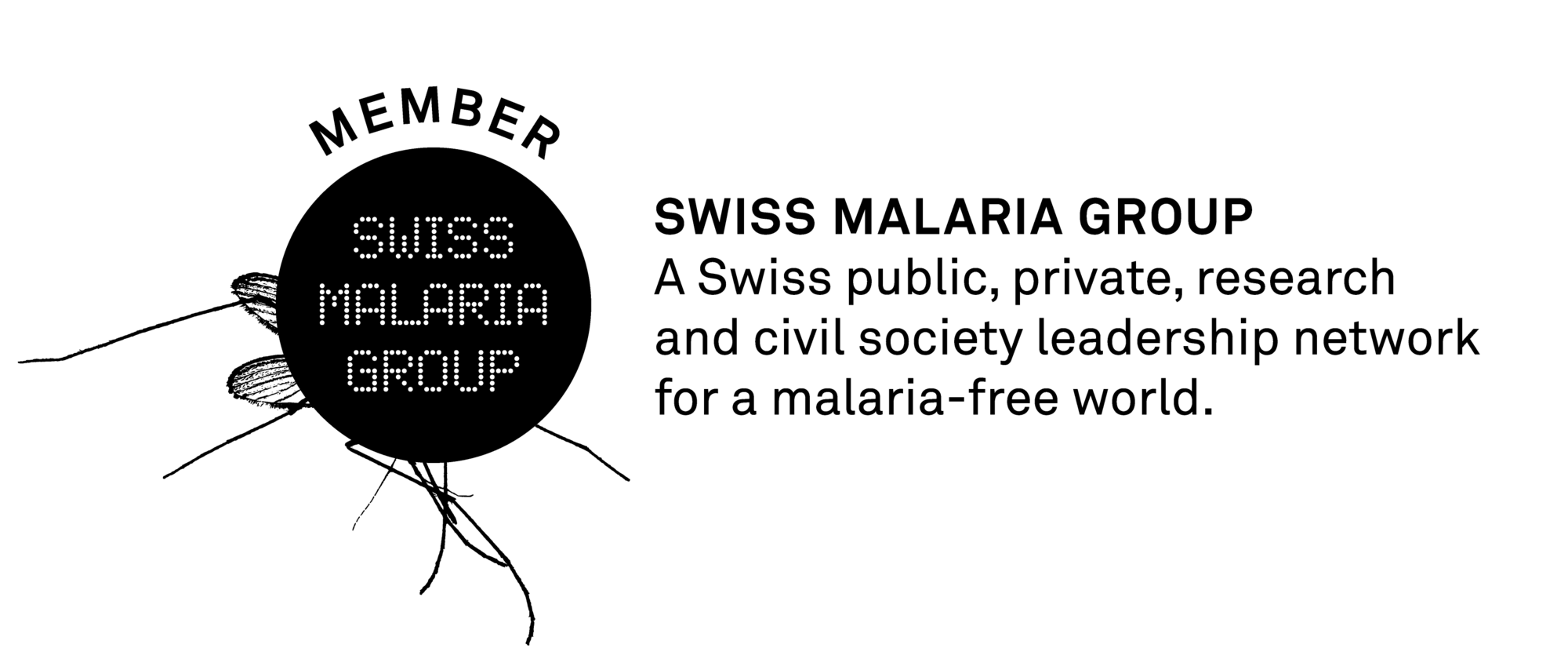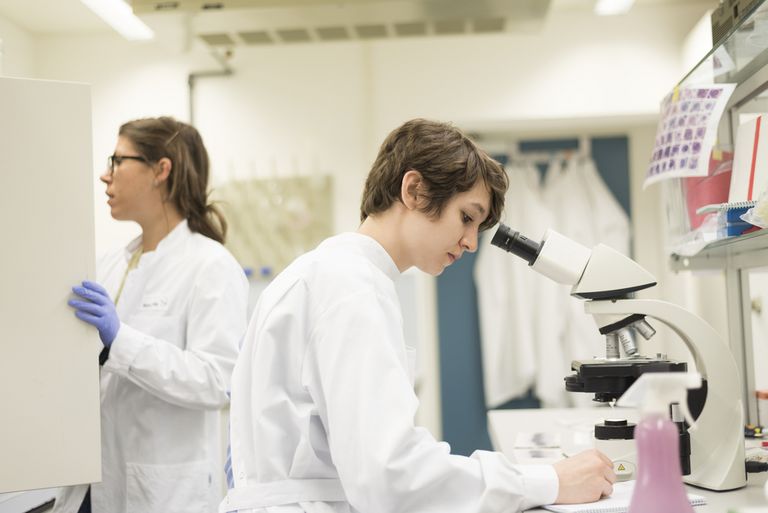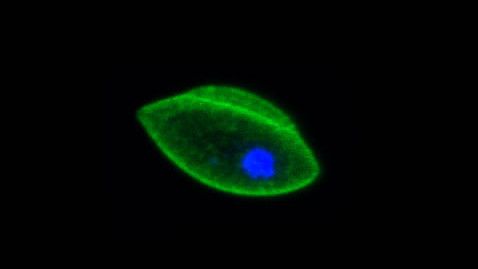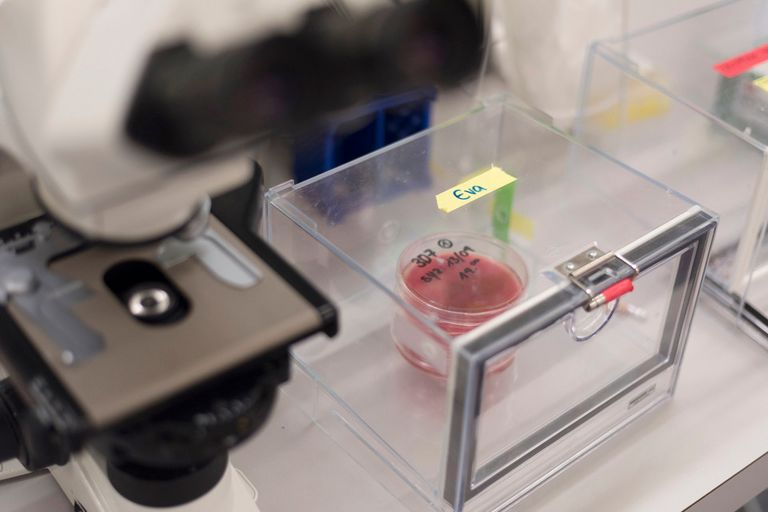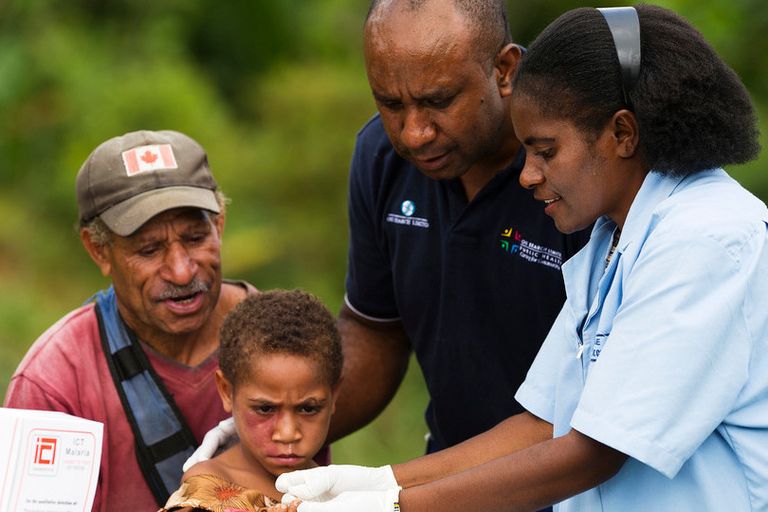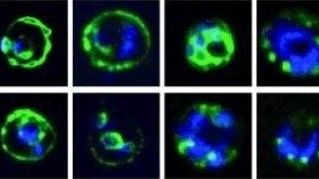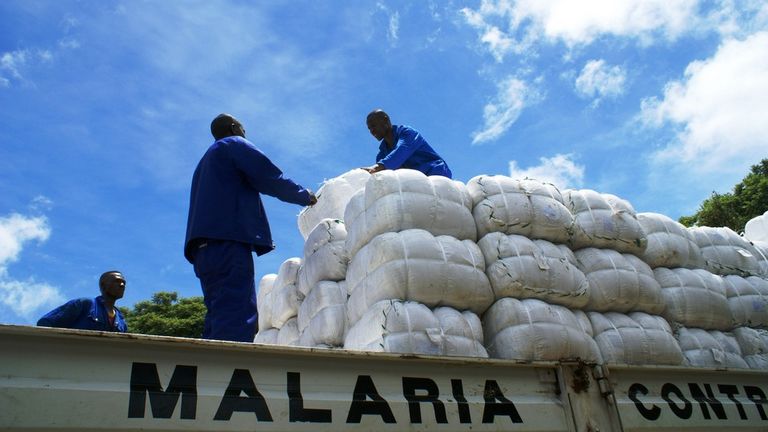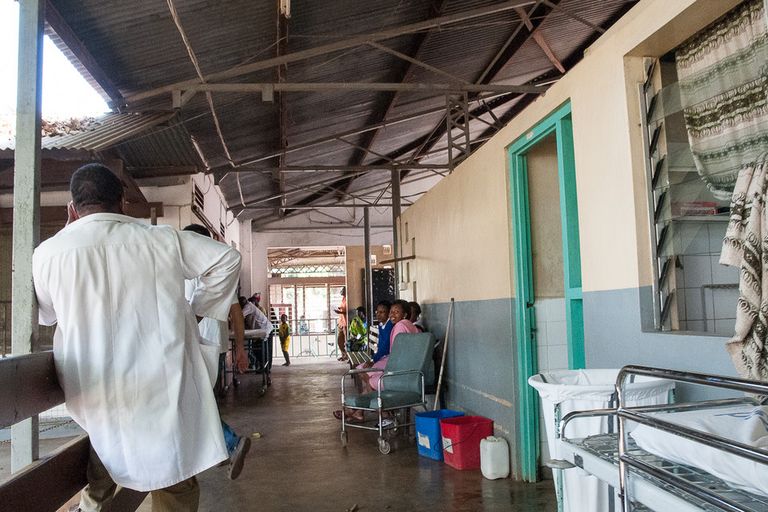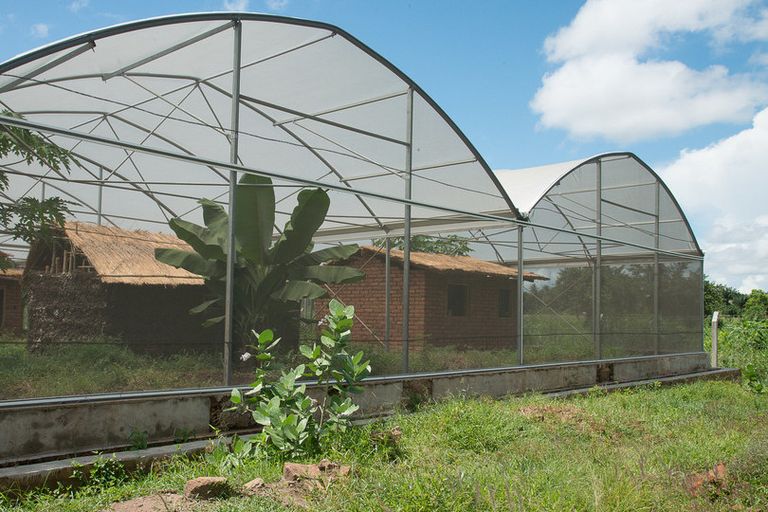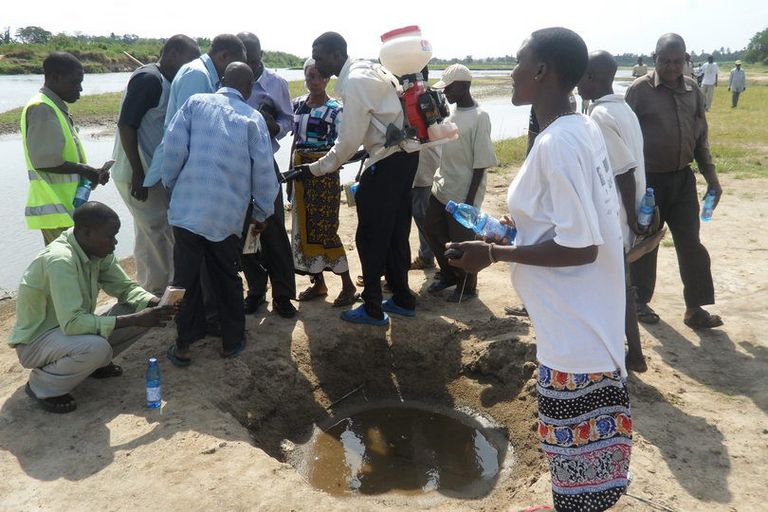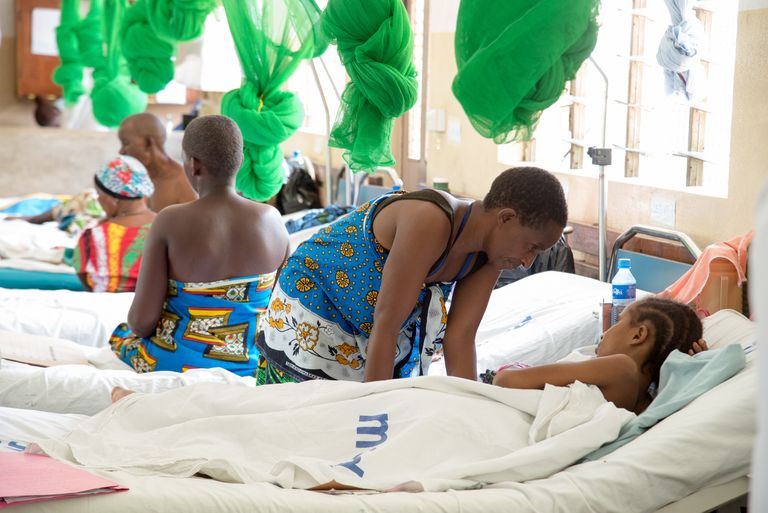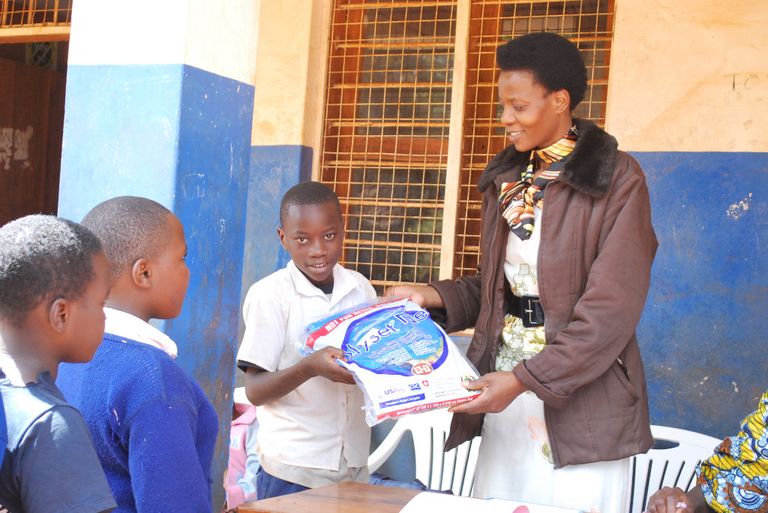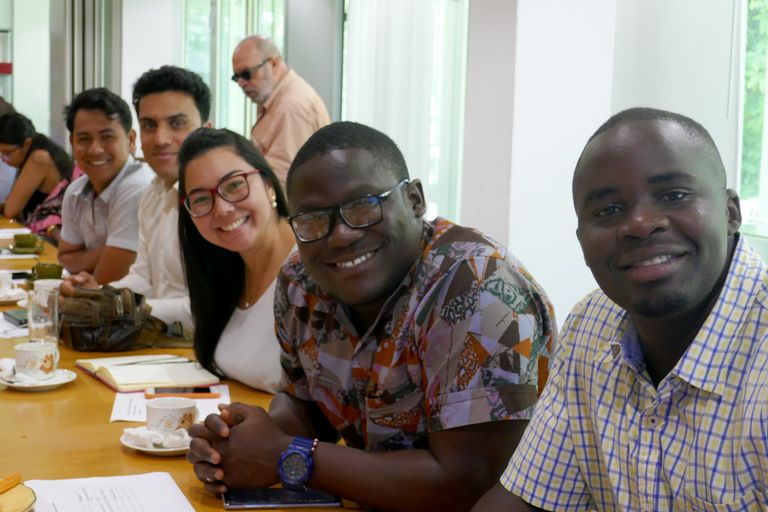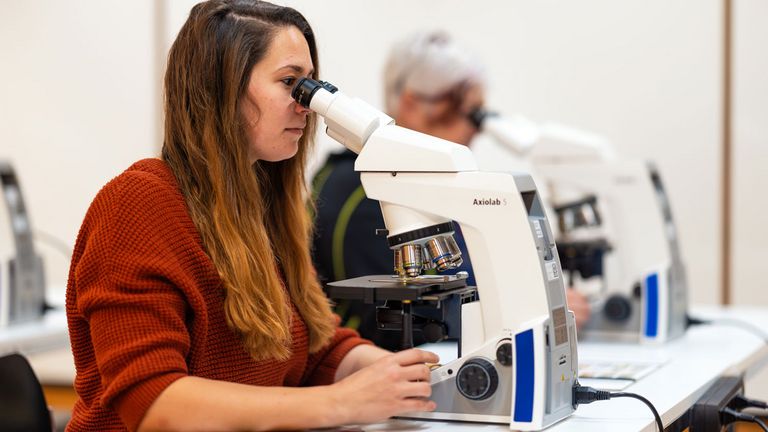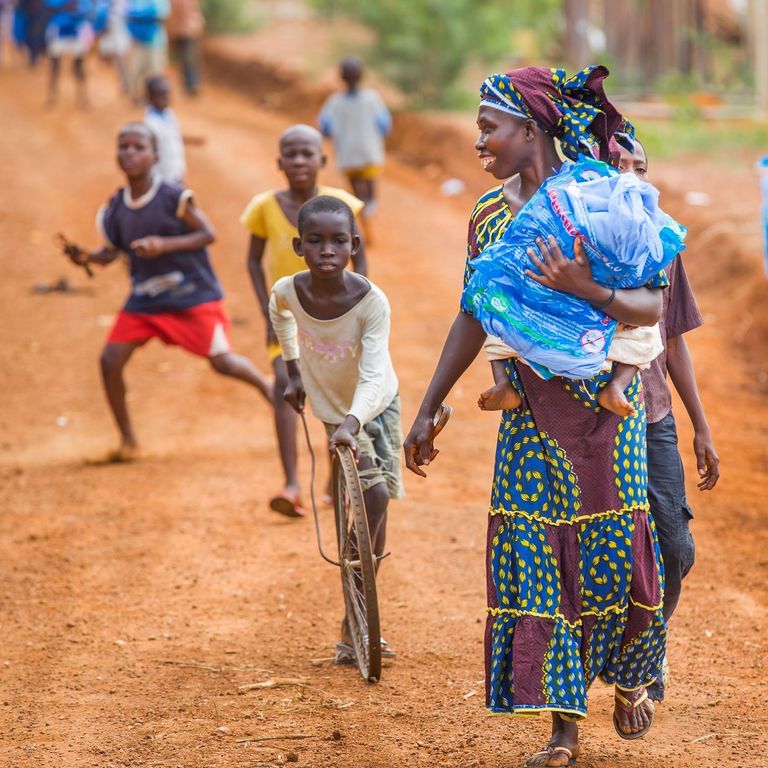

Malaria
Malaria is a disease caused by Plasmodium parasites. The parasites are spread to people through the bites of infected female Anopheles mosquitoes, called malaria vectors. There are five parasite species that cause malaria in humans, and two of these species (P. falciparum and P. vivax) pose the greatest threat. Malaria is a major disease burden in tropical low-income countries, especially in Sub-Saharan Africa. People with malaria often experience fever, chills, and flu-like illness. Left untreated, they may develop severe complications and die.
Over 200 of our Swiss TPH staff and students are particularly passionate about malaria in a broad range of fields. We conduct basic research on the biology of Plasmodium spp., including gene regulation and parasite-host interactions. We identify and test new diagnostics, drugs, immunotherapies and vaccines for malaria in collaboration with product development partnerships and the private sector. We study the malaria vector Anopheles spp. to develop new effective vector control tools and strategies. And then, we validate these interventions in large-scale implementation studies with partners in endemic countries.
We apply innovative approaches in computational sciences, statistics, and mathematical modelling to increase our understanding of the biology and transmission of malaria and the impact of interventions. Finally, we use the generated evidence and experience to support decision-makers in malaria endemic countries and globally in developing of novel interventions and implementing effective malaria control and elimination strategies. We provide this support as the designated WHO Collaborating Centre for Modelling, Monitoring and Training for Malaria Control and Elimination.
News Related to Malaria
All NewsNew Malaria Medicines
Key Facts About Malaria
Malaria is a Major Disease Burden
- Malaria is a disease caused by parasites that are transmitted to people through the bites of infected female Anopheles mosquitoes.
- There were an estimated 619 000 malaria deaths globally in 2021 compared to 625 000 in the first year of the pandemic.
- The global tally of malaria cases reached 247 million in 2021 compared to 245 million in 2020 and 232 million in 2019.
- The WHO African Region continues to be hardest hit by the disease (95% of cases and 96% of deaths globally).
- The population at risk are the young children, pregnant women and non-immune travelers from malaria-free areas who are particularly vulnerable to the disease when they become infected.
Achievements in Malaria Control
- Many countries with a low burden of disease maintained effective malaria responses during the pandemic and continued their drive towards elimination.
- Five of the 11 High Burden to High Impact countries showed a decline in deaths in 2021 compared to 2020: the Democratic Republic of the Congo, Ghana, India, Niger
and the United Republic of Tanzania. However, their contribution to the malaria burden is still substantial. - Countries in the Greater Mekong subregion (GMS) continued to successfully battle antimalarial drug resistance through lowering the case burden of P. falciparum.
Next Targets
- WHO has recently launched a number of strategies to help countries build a more resilient response to malaria:
- Tackling antimalarial drug resistance in Africa
- Stopping the spread of Anopheles stephensi in Africa
- Responding to malaria in urban areas
- Using data to drive impact
- WHO increased the transparency, flexibility and access to its malaria recommendations to support malaria-endemic countries.
At Frontlines of Mosquito Research
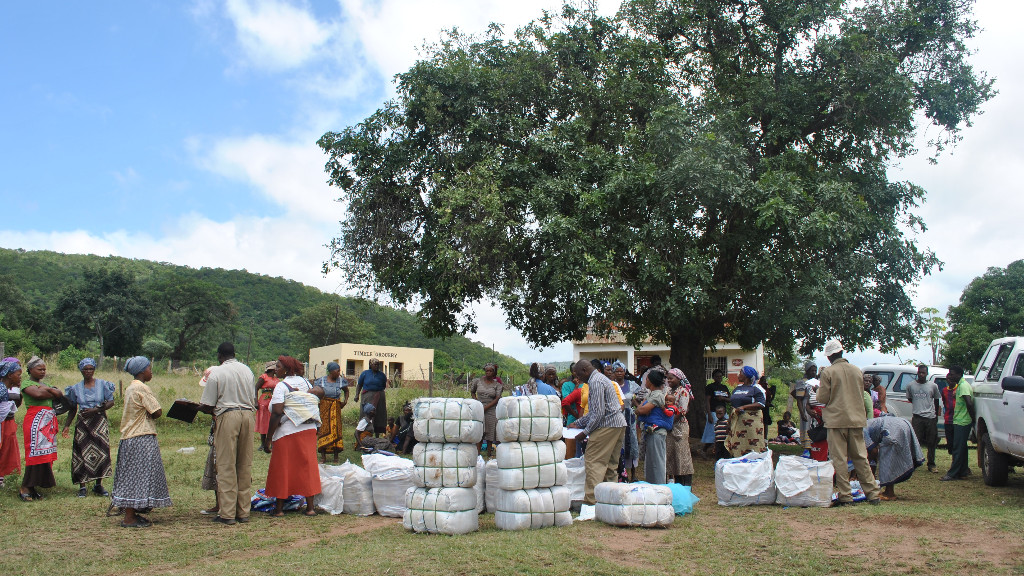
Links
- Bill & Melinda Gates Foundation
- Centers for Disease Control and Prevention
- Clinton Health Access Initiative
- Ifakara Health Institute
- Liverpool School of Tropical Medicine
- London School of Hygiene & Tropical Medicine
- Medicines for Malaria Venture
- Malaria Consortium
- RBM Partnership to End Malaria
- Swiss Agency for Development and Cooperation
- Swiss Malaria Group
- UNICEF
- USAID
- World Health Organization
Projects Related to Malaria
All ProjectsCover photo credits: David O'Dwyer for SMG
